How nascent companies are helping solve supply chain fragmentation and pandemic-level customer demand — (Part 2)
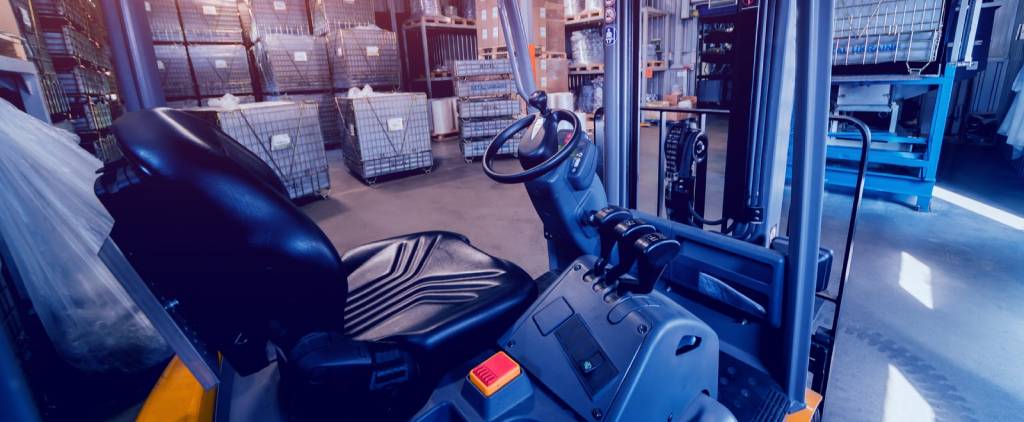
A tale of two startups: How nascent companies are helping solve supply chain fragmentation and pandemic-level customer demand — Part 2: We continue our series today on how startups in Egypt are helping solve some of the problems of our fragmented supply chain management system, particularly as e-commerce continues to rise. Last week, we looked at how Egyptian B2B bulk ordering startup MaxAB is using data from orders and its own delivery infrastructure to minimize the time wasted on trucks full of supply goods roaming the streets waiting for a retailer to buy products.
In Part 2, we look at a novel and non-traditional approach to supply chain issues such as customer acquisition and effective distribution, courtesy of social commerce platform Brimore.
Refresher: What’s wrong with our current supply chain management system? Typically, a product traveling from the manufacturer to the consumer will change hands multiple times as it goes from the factory to a distributor, then a sub-distributor, a big wholesaler, a smaller wholesaler, and then a retailer. For FMCG products to reach the consumer, it gets even more inefficient, as a wholesaler vehicle stocked with one product from one company drives around, trying to sell the stock to a few of the 400k grocery shops all over Egypt, which oftentimes results in wasted time and expenses.
We weren’t ready for the e-commerce boom: Before 2020, e-commerce used to be a marketplace living off single-product, single-item orders, which were often fulfilled by the supplier itself. The e-commerce boom saw customers ordering multiple products in large quantities, which need fleets and warehouses to be fulfilled, , CEO and cofounder of Brimore Mohamed Abdelaziz tells Enterprise. Egypt and the wider MENA region were not ready in terms of fulfillment infrastructure to cope with bulk orders of home-use goods and commodities, he added.
Furthermore, smaller manufacturers struggle with new customer acquisition and ensuring their products are available or in stock at every point of sale, Abdelaziz says. Firstly, acquiring new customers for their products entails convincing new people to actually try a new product. Secondly, making sure that 100% of their products are available at 100% of the locations, 24/7 in order to avoid customer frustration and retain customers, is a pain. This requires money to effectively distribute goods and continuously track sales across all retail outlets. The first is a marketing problem; the other is a distribution and supply chain issue — and both are extremely costly.
One possible (homemade) solution: Brimore promises manufacturers to make their products consistently available and get new customers to try them. Brimore connects suppliers with independent sellers across 27 of Egypt’s governorates. To do that, the company targets women living in remote areas who act as informal retailers, selling goods out of their homes in their local communities. These women can order the products directly from the supplier in bulk and use their local network (typically other women who manage household purchases) to make sales. This fuels a word-of-mouth type of direct selling, which unshackles the manufacturer from marketing costs.
What does this have to do with supply chain management? Instead of the product meandering through a five-stop process until it reaches the retailer, it is directly moved from manufacturer to those women through Brimore.
This model is gaining popularity, particularly outside Cairo and Alex: The total number of active women selling through Brimore is at 50k today, growing almost 9x y-o-y. Over 200 manufacturers are distributing their products through the company, while 70% of the business is located outside of Cairo and Alexandria. About 36% of Brimore’s business comes from Upper Egypt and 10% from border governorate, such as Sinai and the New Valley. The company raised USD 4.3 mn of announced investment rounds to date.
That demand now requires Brimore to get it on fulfillment centers: During the pandemic, Brimore launched its own end-to-end fulfillment business. Up until last year, the company was still outsourcing its operations. Recently, it decided to take on its own supply chain infrastructure, including a warehouse to store all products it dispatches, and a last-mile delivery service to the women who would directly sell these products to consumers. The new line acts as a revenue center to its core business by fulfilling its own operations, as well as those of other businesses.
The model is proving attractive to VCs: Brimore raised USD 3.5 mn in a pre-series A funding round led by Algebra Ventures in 2020. Flat6Labs, Disruptech, Vision Ventures and 500 Startups also participated in the round. The investment came one year after the company secured USD 800k in seed funding in a round led by Algebra and Endure Capital.
Altogether, the 2020 experience was a boon for logistics startups’ investment story. The sector was previously extremely underdeveloped, but the pandemic helped convince investors of the value in funding asset-heavy startups, Abdelaziz says. As these startups grow, so will asset-light businesses and marketplaces. Asset-heavy companies usually own a lot of fixed assets, such as machines, that are needed to generate income, while asset-light entities usually do not need a lot of tangible, expensive equipment to operate their business model.
To read TWO EGYPTIAN STARTUPS HELP IN FILLING SUPPLY CHAIN GAPS (part 1) press here



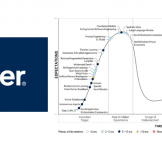











































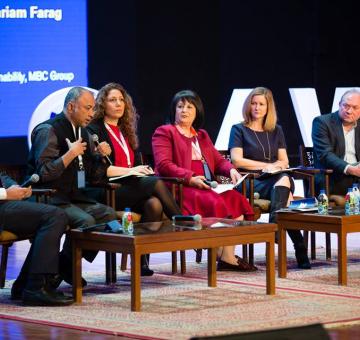
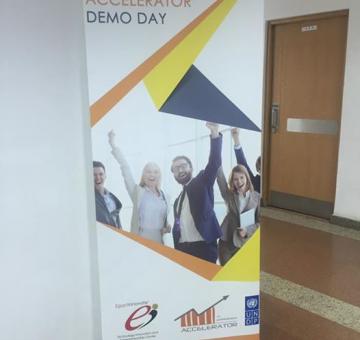





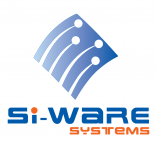







EgyptInnovate site is not responsible for the content of the comments